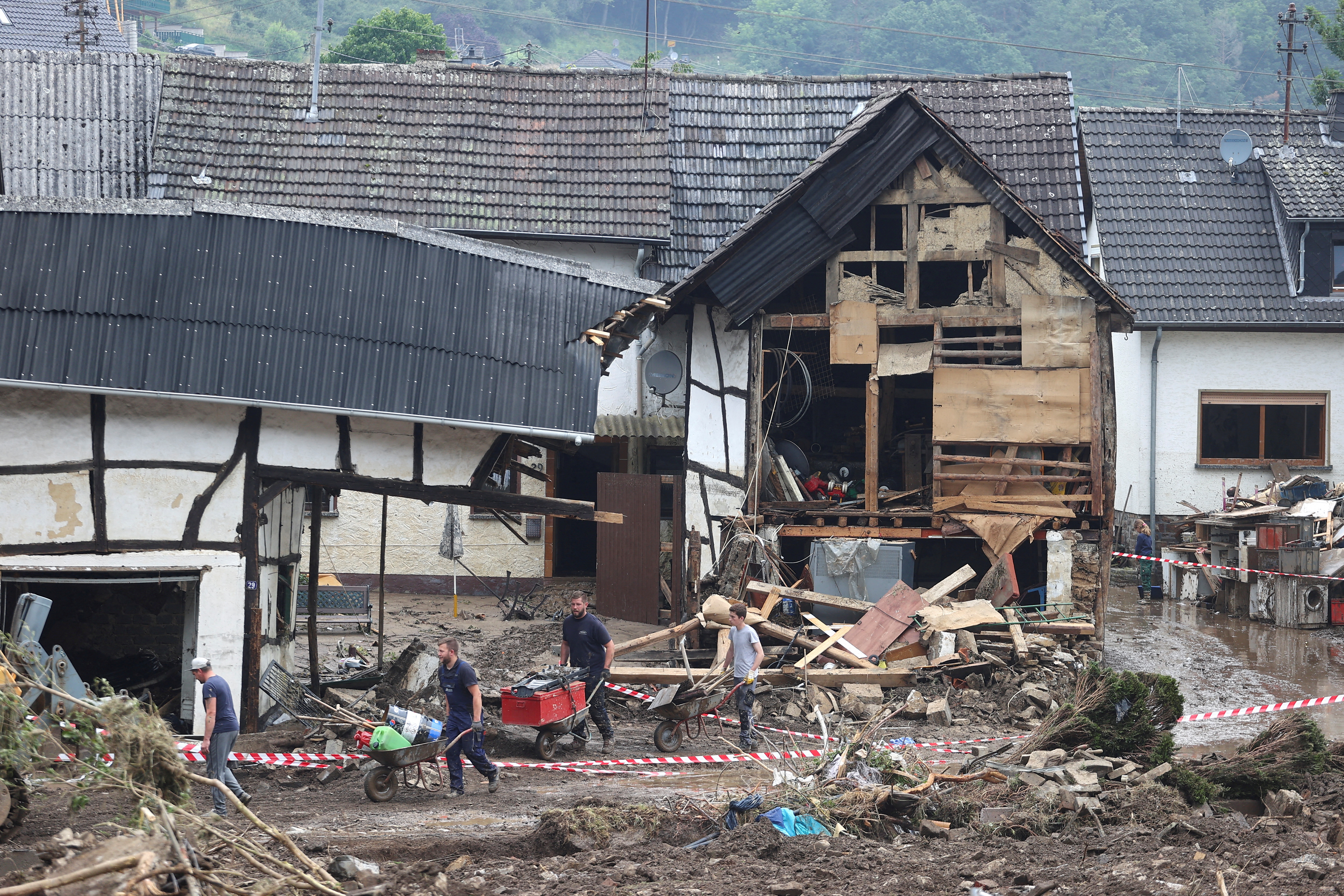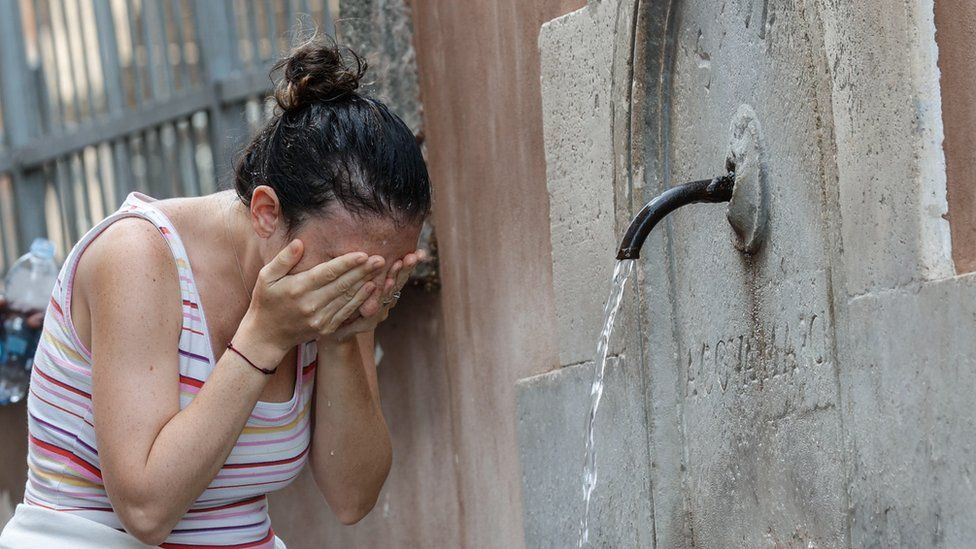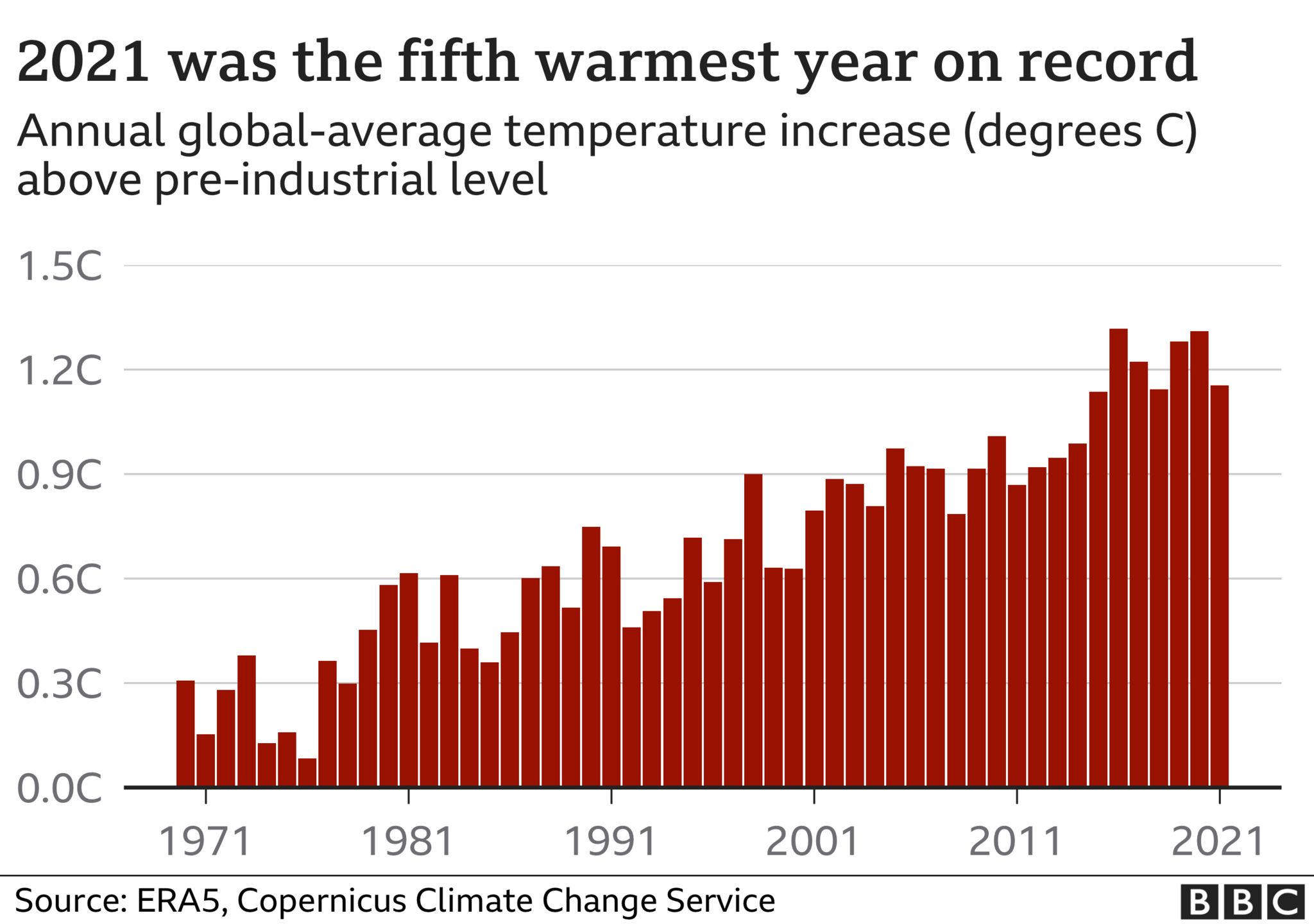The Conversation
- Bruce Glavovic | Iain White | Tim Smith

|
Mario Tama/Getty Images
|
|
Authors
-
Bruce Glavovic
Professor, Massey University
-
Iain White
Professor of Environmental Planning, University of
Waikato
-
Tim Smith
Professor and ARC Future Fellow, University of the
Sunshine Coast
|
Decades of scientific evidence demonstrate unequivocally that human activities
jeopardise life on Earth. Dangerous anthropogenic interference with the climate
system compounds many other drivers of global change.
Governments concur: the science is settled. But governments have failed to act
at the scale and pace required. What should climate change scientists do?
There is an unwritten social contract between science and society. Public
investment in science is intended to improve understanding about our world and
support beneficial societal outcomes. However, for climate change, the
science-society contract is now broken.
The failure to act decisively is an indictment on governments and political
leaders across the board, but climate change scientists cannot be absolved of
responsibility.
As we write in an
article about this conundrum, the tragedy is the compulsion to provide ever more evidence when the
phenomena are well understood and the science widely accepted. The tragedy is
being gaslighted into thinking the impasse is somehow our fault, and we need to
do science differently: crafting new scientific institutions, strategies,
collaborations and methodologies.
Yet, global carbon dioxide emissions are
60% higher today
than they were in 1990, when the Intergovernmental Panel on Climate Change (
IPCC) published its first assessment. At some point we need to recognise the
problem is political and that further climate change science may even divert
attention away from where the problem truly lies.

|
Governments agree that the science is settled but scientists are
compelled to do more research despite inadequate government action
and worsening climate change. Author provided, CC BY-ND
|
Was COP26 too little, too late?
The outcome of COP26, summarised in the draft
Glasgow Climate Pact, includes some progress, including an agreement to begin reducing coal-fired
power, removing subsidies on other fossil fuels, and a commitment to double
adaptation finance to improve climate resilience for countries with the lowest
incomes.
But many of the world’s leading scientists argue that this is
too little, too late. They note the failure of COP26 to translate the 2015
Paris Agreement
into practical reality to keep global warming below 1.5℃ above pre-industrial
levels.
Even if COP26 commitments are fulfilled, there is a strong likelihood that
humanity and life on Earth face a precarious future.
What are climate change scientists to do in the face of this evidence? We see
three possible options — two that are untenable, one that is unpalatable.
Where to from here for climate change scientists?
The first option is to collect more evidence and hope for action. Continue the
IPCC process that stays politically neutral and abstains from policy
prescriptions. A recent
editorial in Nature
called on scientists to do just that: stay engaged to support future climate
COPs.
However, this choice not only ignores the complex relationship between science
and policy, it runs counter to the logic of our scientific training to reflect
and act on the evidence. We know why global warming is happening and what to do.
We have known for a long time.
Governments just haven’t taken the necessary action. In a recent Nature
survey, six in
ten of the IPCC scientists who responded expect 3℃ warming above pre-industrial
levels by 2100. Persisting with this first option is therefore untenable.
The second option is more intensive social science research and climate change
advocacy. As Harvard historian Naomi Oreskes recently
observed, the work of the IPCC’s Working Group I (
WGI, on the physical science basis of climate change) is complete and should be
closed down. Attention needs to focus on translating this understanding into
action, which is the realm of WGII (on impacts, adaptation and vulnerability)
and WGIII (on mitigation of greenhouse gas emissions).
In parallel, growing numbers of scientists are getting involved in diverse forms
of advocacy, including
non-violent civil disobedience.
However, albeit more promising than option one, there is little evidence of
impact thus far and it is doubtful this pathway will lead to the urgent
transformative actions required. This option is also not tenable.
Halt on IPCC work until governments do their part
The third option is much more radical, but unpalatable. We call for a moratorium
on climate change research that does little more than document global warming
and maladaptation.
Attention needs to focus on exposing and re-negotiating the broken
science-society contract. Given the rupture to the contract outlined here, we
call for a halt on all further IPCC assessments until governments are willing to
fulfil their responsibilities in good faith and mobilise action to secure a safe
level of global warming. This option is the only way to overcome the tragedy of
climate change science.
Readers might agree with our framing of this tragedy but disagree with our
assessment of options. Some may want greater detail on what a moratorium could
encompass or worry it may damage the credibility and objectivity of the
scientific community.
However, we question whether it is our “duty” to use public funds to continue to
refine the state of climate change knowledge (which is unlikely to lead to the
actions required), or whether a more radical approach will serve society better.
We have reached a critical juncture for humanity and the planet. Given the
unfolding tragedy, a moratorium on climate change research is the only
responsible option for revealing and then restoring the broken science-society
contract. The other two options are seductive but offer false hope.
Links





